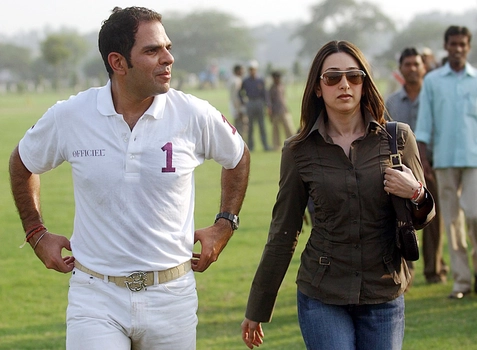Introduction
As India experiences a resurgence in COVID-19 cases, the Delhi High Court has directed the Union Government to submit a comprehensive status report detailing its actions regarding the policy for sample collection, collection centres, and transportation of samples. The court emphasized the urgency of finalizing and implementing Standard Operating Procedures (SOPs) to address the ongoing pandemic effectively.
Background
The directive follows a contempt plea filed by Dr. Rohit Jain, who alleged that authorities had failed to act on previous court orders mandating the establishment of minimum standards for sample collection and transportation. In response, the Delhi High Court highlighted the necessity of swift and decisive measures to combat the spread of COVID-19.
Government’s Response
In compliance with the court’s order, the Union Government has been instructed to provide a detailed status report within six weeks. The report should include information on the implementation of SOPs for sample handling and storage, as well as the establishment of collection centres and transportation protocols. The court has scheduled the matter for further hearing on July 18, 2025.
Implications
The Delhi High Court’s intervention underscores the critical need for standardized procedures in managing COVID-19 testing and sample handling. Ensuring consistency and reliability in these processes is vital for accurate diagnosis and effective containment of the virus. The government’s prompt action in addressing the court’s concerns will be pivotal in strengthening the nation’s response to the pandemic.
Conclusion
As COVID-19 continues to pose a significant public health challenge, the Delhi High Court’s directive serves as a reminder of the judiciary’s role in ensuring accountability and adherence to established protocols. The forthcoming status report from the Union Government will provide clarity on the steps taken to enhance testing standards and preparedness in the fight against the pandemic.

















Leave a comment